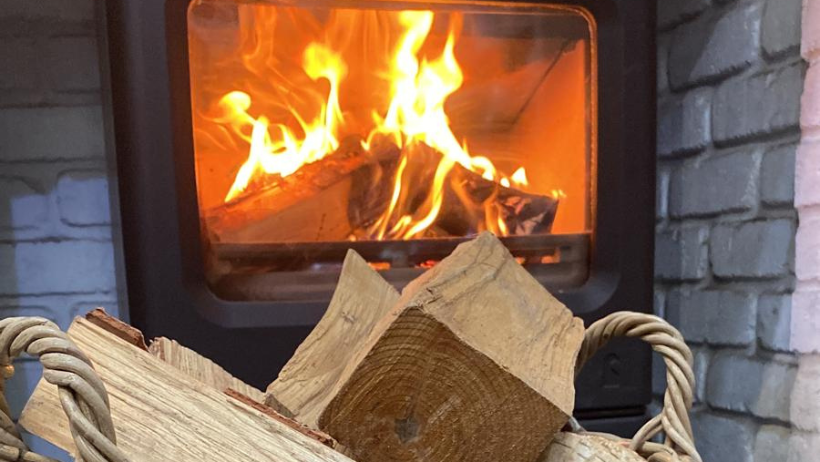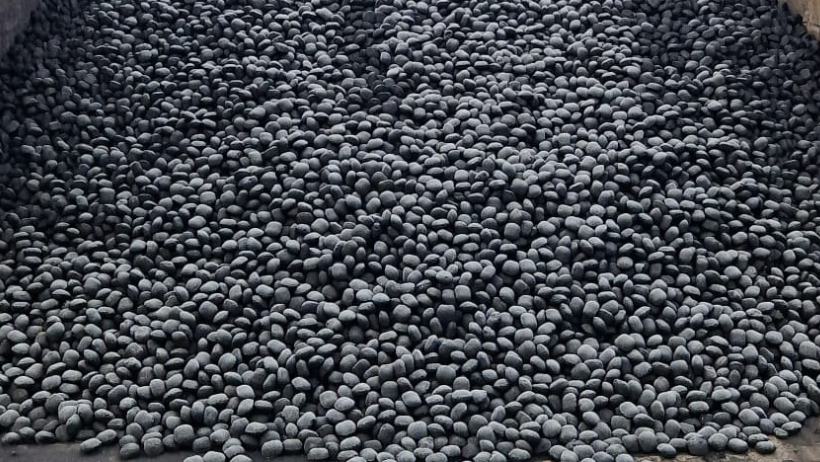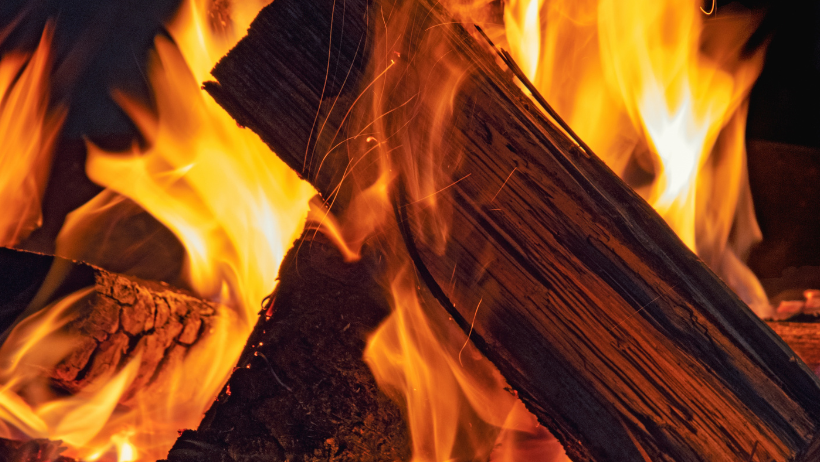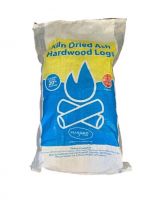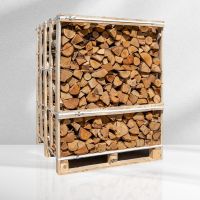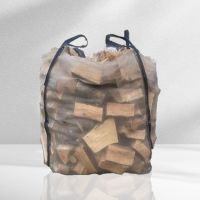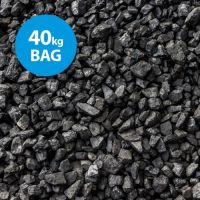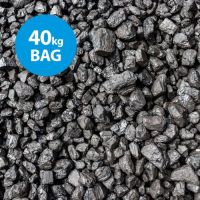The Importance of Choosing the Correct Fuel for Wood-Burning Stoves and Open Fires
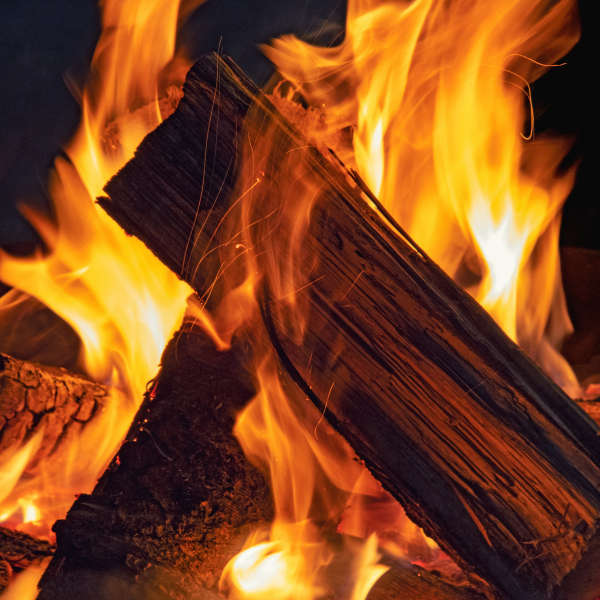
As we move into the colder months, many households across the Scottish Borders and North Northumberland are preparing to light up their wood-burning stoves and open fires, creating that warm, cosy atmosphere that only a real fire can provide.
However, it's important to remember that not all fuels are created equal. The fuel you choose for your wood-burning stove or open fire can significantly impact its efficiency, the cleanliness of your chimney, and even your environmental footprint. With Chimney Safety Week 2024 just behind us, now is the perfect time to review the importance of using the correct fuel, ensuring the safety of your home and the longevity of your heating appliance, and with over 120 years of experience in solid fuels, we have an in-depth understanding of the importance of making informed decisions, and we're here to help guide you through this essential process.
Why Choosing the Right Fuel Matters
Choosing the appropriate fuel can make all the difference whether you're using a wood-burning stove or an open fire that burns coal. The wrong type of fuel can lead to reduced efficiency, increased maintenance costs, and, more critically, it could pose a fire hazard.
Efficiency and Performance
Using the correct fuel ensures that your stove or fire burns efficiently.
Wood-burning stoves are designed to handle a specific type of wood with a low moisture content, typically below 20%. This ensures that the wood burns at an optimal temperature, releasing the maximum amount of heat without creating excessive smoke or soot. In contrast, using wood that is too wet or unseasoned will result in poor combustion, wasting energy and leaving creosote deposits in your chimney, which can be dangerous.
For open fires that burn coal, it's essential to use the correct type of coal, such as smokeless fuel or house coal, depending on your location and the regulations that are in place for your area. Smokeless fuels burn hotter and for longer than traditional house coal, which means fewer refuels and more heat for your home. However, using the wrong fuel could not only harm your chimney but also reduce the overall efficiency of your fire, costing you more in the long run.
Chimney Safety
One of the most critical factors when choosing your fuel is chimney safety. Incorrect fuel can cause the build-up of dangerous creosote in wood-burning stoves and tar in chimneys used for coal-burning fires. These residues are highly flammable and can lead to chimney fires, which are both dangerous and costly to repair.
Environmental Considerations
The environmental impact of the fuel you choose is another important factor.
Wood is generally considered a carbon-neutral fuel, meaning that if it's sourced sustainably, it has a minimal impact on the environment. However, burning wet or unseasoned wood produces more smoke, which contributes to air pollution.
Coal, on the other hand, is a fossil fuel; however, smokeless coal varieties produce less smoke and can be a more environmentally friendly option for those who prefer open fires. Opting for smokeless fuels in areas where air quality is a concern can significantly reduce the harmful emissions from your fire.
Wood-Burning Stoves: The Importance of Kiln Dried Logs
If you own a wood-burning stove, the best fuel to use is Kiln Dried logs. Kiln Dried logs are ready to burn, made from 100% hardwood and dried to an average moisture content of under 20%. This allows it to burn more efficiently, with a high heat output and with less smoke, making it better for both your stove, flue and the environment.
To ensure you're using the best possible fuel for your stove, we offer a handy fuel checker guide on our website. This guide will help you identify the right type of wood and ensure that you're burning fuel that is both safe and efficient for your stove.
Open Fires: Selecting the Right Coal
If you have an open fire that burns coal, it's important to select the appropriate type of coal for your fire. Smokeless fuels are often recommended, especially if you live in a Smoke Control Area, as they produce less smoke and burn more cleanly than traditional house coal. These fuels are designed to burn hotter and for longer, meaning you'll use less fuel over time and produce fewer emissions.
Smokeless fuels can also help reduce the amount of residue left in your chimney, making it easier to maintain and reducing the risk of a chimney fire.
Use our handy online fuel checker to check what’s best for your fire.
Some additional tips for keeping the home fires burning this winter
- Regular Chimney Sweeping: Even with the right fuel, it's crucial to have your chimney swept regularly. This will remove any accumulated soot, creosote, or tar and ensure that your chimney is safe to use.
- Check for Leaks and Blockages: Regularly inspect your chimney and stove for any signs of leaks, blockages, or damage, which could affect their efficiency and safety.
- Use the Right Accessories: At Pearsons of Duns, we offer a range of fire accessories, including log baskets, stove thermometers, and chimney brushes, to help you maintain your stove or fire efficiently.
So, stay warm, safe, and fuel-savvy this winter!
Did you enjoy this blog? Yes! Why not sign up to our newsletter to be the first to know when our next blog from Solid Fuel and Stoves team is live.

